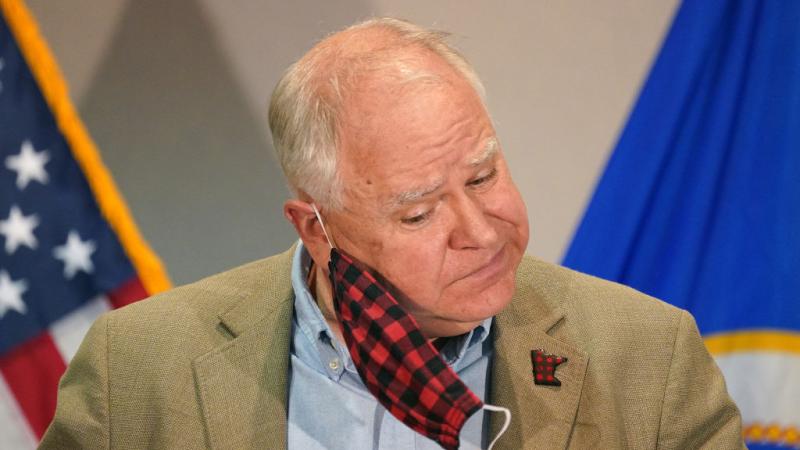Overdue and over budget, Honolulu's $12.5B rail project still getting federal bailout dollars
A state audit concluded in 2019: "Over-promise, under-deliver. It has been the hallmark of the Honolulu Rail Transit Project's near-decade long, stop-and-go journey."
The Golden Horseshoe is a weekly designation from Just the News intended to highlight egregious examples of wasteful taxpayer spending by the government. The award is named for the horseshoe-shaped toilet seats for military airplanes that cost the Pentagon a whopping $640 each back in the 1980s.
This week, our award is going the Honolulu Authority for Rapid Transportation (HART) for spending billions of taxpayer dollars over the last decade-plus attempting to build Hawaii's first-ever rail transit system.
The city's rail project was scheduled to be completed by January 2020 at a total cost of $5.1 billion. In May 2021, construction on the project is just half complete, and the total cost estimate has skyrocketed to $12.45 billion, with a projected completion date of 2033.
In 2012, the U.S. Department of Transportation under then-Secretary Ray LaHood pledged $1.8 billion to the project, which was meant to shorten commutes in one of the most traffic-congested cities in America. Since then, the project has received more than $65 million in congressional funding, in addition to recently pocketing another $70 million from the "American Rescue Plan."
The would-be railroad has the rare distinction of having received taxpayer funding from both the most recent coronavirus bailout plan and, in 2009, the original Obama-era recession bailout plan, the American Recovery and Reinvestment Act.
The project now faces a nearly $3.7 billion budget shortfall, which HART plans to cope with in part by spending $1 million on D.C. lobbyists to help acquire yet more taxpayer dollars for the runaway project.
In 2019, after reviewing documents dating back to 2008, the Hawaii state auditor determined that the city of Honolulu began awarding massive contracts "with no real basis to believe the guideway's construction schedule was practical or predictable."
Noting "a pattern of rail officials pledging the Honolulu Rail Transit Project would be built cheaper and faster than was reasonably foreseeable at the time, the audit found that these "promises would be contradicted by delays and cost overruns, which would break the Project's budget and erode public confidence."
The auditors concluded: "Over-promise, under-deliver. It has been the hallmark of the Honolulu Rail Transit Project's near-decade long, stop-and-go journey."
Yet, even that scathing conclusion has not deterred the project's friends from seeking to continue — at least conditionally — pumping taxpayer dollars into a rail line that was apparently over-budget and behind schedule before ground was ever broken.
Hawaii Democratic Sen. Brian Schatz said he wants to continue supporting the HART rail project "in any way I can in the Senate and with the Biden administration," according to the Honolulu Star-Advertiser, provided that local officials take "first steps" to present a revised plan "that can actually work."
















